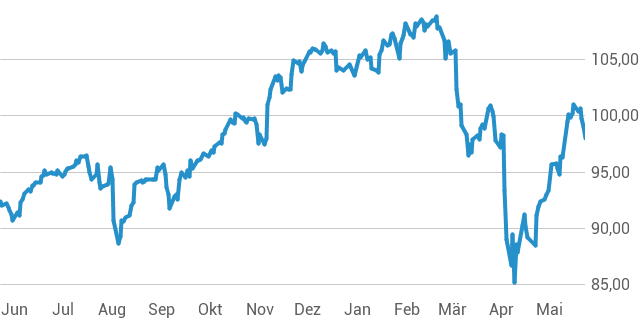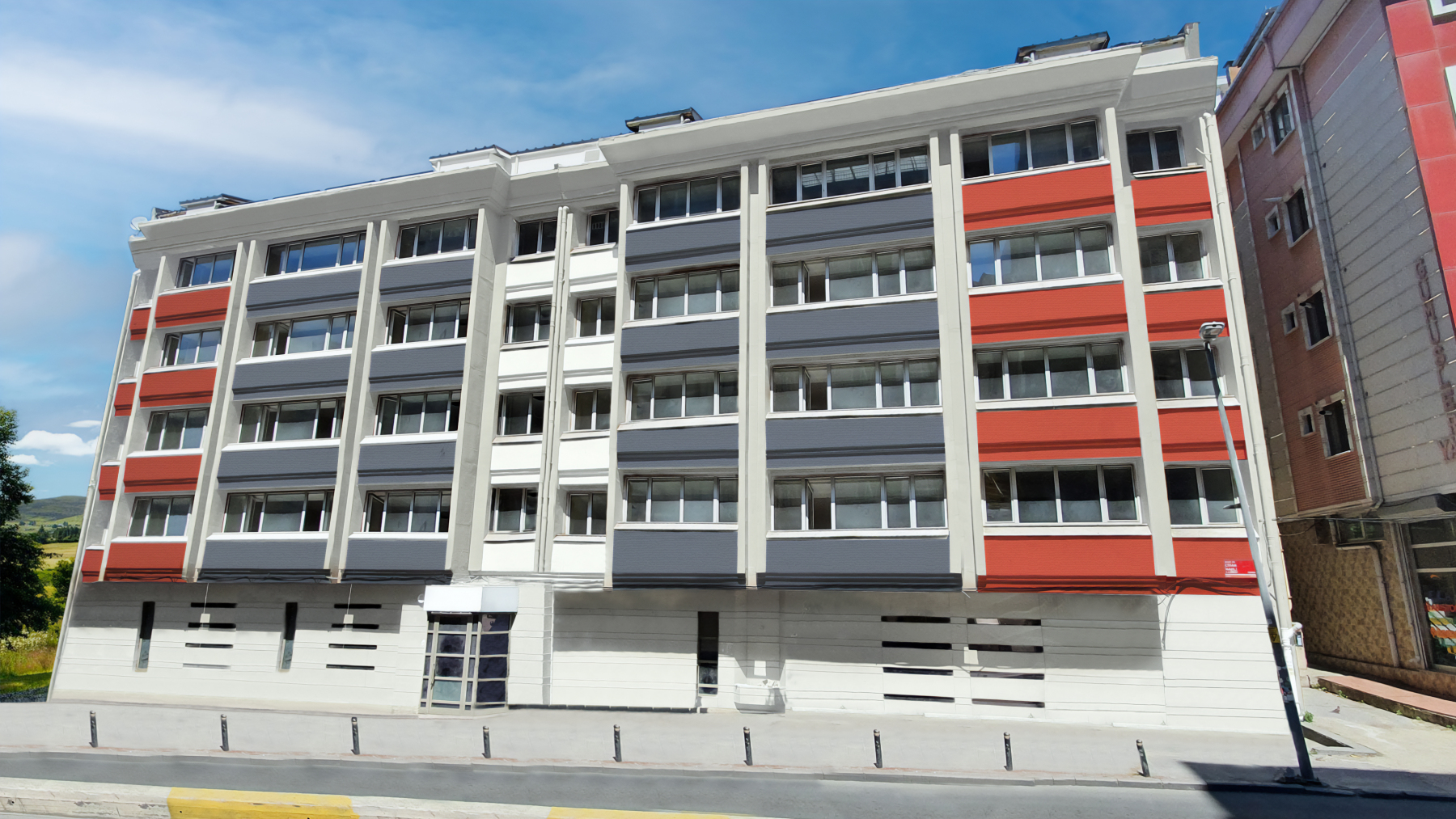Exploring New Opportunities: Bangladesh's Renewed Focus On The European Market

Table of Contents
Growth Potential in the European Market for Bangladeshi Goods
The European Union (EU) represents a lucrative market for Bangladeshi goods, offering significant growth potential beyond the already dominant RMG sector.
Ready-Made Garments (RMG) and Beyond
Bangladesh's RMG industry is a global powerhouse, and Europe remains a key export destination. However, diversification is crucial for sustainable growth. The potential for expanding into other sectors is immense:
- Pharmaceuticals: Bangladesh has a growing pharmaceutical industry capable of supplying generic drugs to the European market, potentially capitalizing on increasing demand for affordable medications.
- Jute Products: With its rich jute heritage, Bangladesh can leverage its expertise to produce high-quality jute products for various applications in Europe, from sustainable packaging to fashion accessories.
- Leather Goods: The leather industry offers opportunities for exporting high-quality leather products, tapping into Europe's demand for handcrafted and sustainable leather goods.
- IT Services: Bangladesh’s burgeoning IT sector, with its skilled workforce, is well-positioned to provide software development, IT consulting, and other services to European clients.
Examples of success include Square Pharmaceuticals' expansion into certain European markets and several smaller enterprises finding success in niche areas like organic jute products. Market share growth potential for non-RMG sectors is estimated at X% over the next five years (insert realistic statistic if available).
Meeting EU Standards and Regulations
Accessing the European market requires adherence to stringent EU regulations regarding quality, safety, and environmental standards. Compliance is paramount:
- REACH Regulation: This regulation governs the registration, evaluation, authorization, and restriction of chemicals, requiring Bangladeshi exporters to ensure their products meet specific criteria.
- Food Safety Regulations: Strict regulations govern food products imported into the EU, demanding rigorous quality control and certification throughout the supply chain.
- Environmental Standards: The EU places great emphasis on environmentally sustainable production practices, requiring businesses to demonstrate compliance with relevant environmental regulations.
Obtaining certifications like ISO 9001 (quality management), ISO 14001 (environmental management), and GOTS (Global Organic Textile Standard) is vital for gaining market access. The Bangladeshi government is actively supporting businesses through initiatives such as providing technical assistance and training programs focused on meeting EU standards.
Leveraging Trade Agreements and Preferential Access
Existing and upcoming trade agreements between Bangladesh and the EU offer significant advantages:
- Everything But Arms (EBA) initiative: This preferential trade agreement provides duty-free access to the EU market for most products from Bangladesh, excluding arms.
- Potential for a future comprehensive trade and investment agreement: This could further enhance market access and create even greater opportunities for Bangladeshi businesses.
These agreements lead to significant tariff reductions, creating a more competitive environment for Bangladeshi exporters and boosting market access improvements. (Insert quantitative data on tariff reductions and market access improvements if available).
Challenges and Strategies for Success in the European Market
Despite the opportunities, Bangladesh faces challenges in penetrating the European market:
Competition and Market Saturation
The European market is highly competitive, with established players dominating many sectors. Strategies for success include:
- Niche Marketing: Focusing on specific niche markets with less competition can be highly effective, allowing Bangladeshi businesses to target their products and services to specific customer segments.
- Brand Building: Developing strong brands with a clear identity and value proposition is crucial for differentiation and building customer loyalty. Investing in marketing and branding initiatives will be key.
Examples of successful niche marketing include Bangladeshi companies focusing on sustainable and ethically sourced products, catering to the growing demand for conscious consumerism in Europe.
Infrastructure and Logistics
Efficient infrastructure and logistics are vital for successful trade:
- Port Capacity: Improving port capacity and efficiency is crucial for handling increased export volumes.
- Transportation Networks: Investing in better transportation networks, including roads, railways, and waterways, is vital for reducing transportation costs and delivery times.
- Customs Procedures: Streamlining customs procedures and reducing bureaucratic hurdles can significantly improve efficiency.
The Bangladeshi government has been investing heavily in infrastructure development, including improvements to port facilities and transportation networks, aiming to enhance export competitiveness.
Sustainability and Ethical Sourcing
Meeting the growing demand for sustainable and ethically produced goods is essential:
- Sustainable Practices: Adopting sustainable practices throughout the production process, from sourcing raw materials to manufacturing and packaging, is crucial for attracting environmentally conscious consumers.
- Ethical Sourcing: Ensuring fair labor practices, safe working conditions, and responsible sourcing of materials builds trust and enhances brand reputation.
Many Bangladeshi companies are already adopting sustainable practices and implementing initiatives to promote ethical sourcing, demonstrating a commitment to responsible business practices.
Government Initiatives and Support for European Market Expansion
The Bangladeshi government plays a crucial role in supporting businesses seeking to enter the European market:
Export Promotion Strategies
Several government programs are designed to boost exports to Europe:
- Financial Incentives: Providing financial incentives and subsidies to businesses can help offset the costs of market entry and expansion.
- Export Financing: Facilitating access to export financing can help businesses manage the financial risks associated with international trade.
- Trade Missions: Organizing trade missions and participating in international trade fairs provides opportunities for businesses to network with potential buyers and partners.
These initiatives are designed to promote export growth to Europe, providing crucial support to Bangladeshi businesses. (Insert specific examples of successful export promotion campaigns if available).
Investment in Skills Development
Investing in workforce skills and training is crucial:
- Government-led Skill Development Programs: Targeted training programs enhance workforce skills, ensuring that Bangladeshi businesses have the talent necessary to meet the demands of the European market.
- Collaborations with European Institutions: Collaborations with European institutions provide opportunities for training and capacity building, fostering knowledge transfer and expertise development.
These initiatives are vital for ensuring that the Bangladeshi workforce possesses the skills and knowledge required to compete effectively in the European market.
Conclusion
Bangladesh's renewed focus on the European market presents significant opportunities for economic growth and diversification. While challenges remain, including competition, infrastructure limitations, and the need for greater sustainability, the government’s proactive approach, combined with the inherent strengths of the Bangladeshi economy, positions the country favorably for success. The potential for expansion beyond RMG into pharmaceuticals, jute, leather goods, and IT services is considerable. By continuing to invest in infrastructure, skills development, and sustainable practices, while leveraging trade agreements and actively addressing EU standards, Bangladesh can fully realize the significant potential offered by this crucial market. Explore the resources and support available from the government and relevant organizations to leverage the benefits of Bangladesh's renewed focus on the European market and contribute to the nation's economic prosperity.

Featured Posts
-
 Amundi Msci World Ii Ucits Etf Usd Hedged Dist Understanding Net Asset Value Nav
May 24, 2025
Amundi Msci World Ii Ucits Etf Usd Hedged Dist Understanding Net Asset Value Nav
May 24, 2025 -
 Amundi Djia Ucits Etf A Deep Dive Into Net Asset Value
May 24, 2025
Amundi Djia Ucits Etf A Deep Dive Into Net Asset Value
May 24, 2025 -
 Amsterdam Aex Index Suffers Sharpest Fall In Over A Year
May 24, 2025
Amsterdam Aex Index Suffers Sharpest Fall In Over A Year
May 24, 2025 -
 Actress Mia Farrow Wants Trump Imprisoned Venezuelan Deportation Controversy
May 24, 2025
Actress Mia Farrow Wants Trump Imprisoned Venezuelan Deportation Controversy
May 24, 2025 -
 Babalikta En Zorlu Erkek Burclari Oezellikleri Ve Iliskileri
May 24, 2025
Babalikta En Zorlu Erkek Burclari Oezellikleri Ve Iliskileri
May 24, 2025
